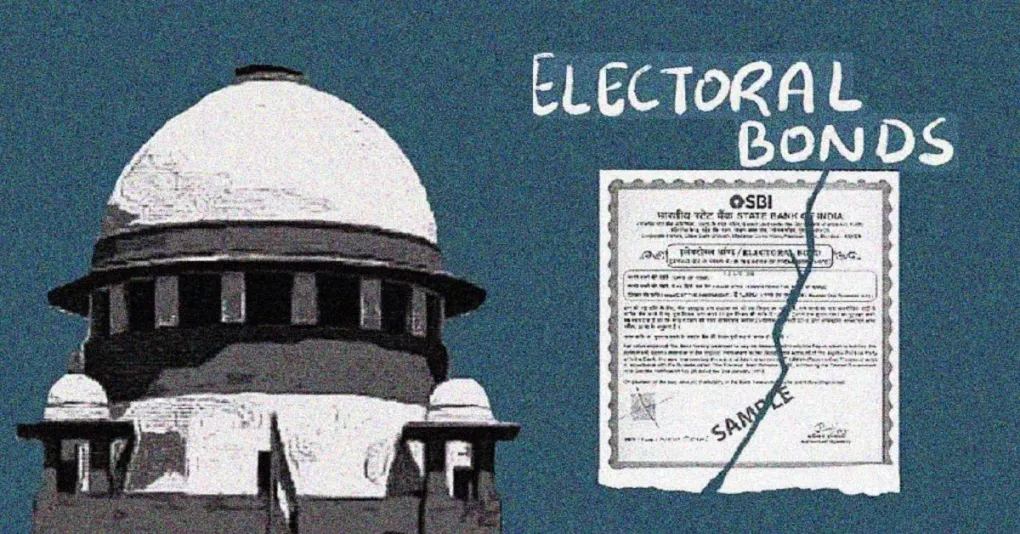By: Jatin Jakhar
Introduced in 2018, Electoral Bonds were an anonymous mode of donations to registered political parties. Individuals and companies could purchase these bearer bonds of specific amounts from the State Bank of India (SBI) branches. The party they decided to donate the bonds to could deposit them and receive equivalent amounts without disclosing the donor’s identity.
The core of the controversy lies in the very essence of Electoral Bonds – anonymity:
- Opponents argued that Electoral Bonds jeopardize the transparency and accountability of the political parties as they hide the sources of their funding.
- Concerns were raised about corporations influencing politicians due to large and undisclosed donations through bonds.
- The ability of foreign entities to purchase bonds sparked fear of interference in India’s internal politics, jeopardizing national security.
Defending the system:
- The system was introduced to eliminate cash donations, which were believed to be a significant source of black money in elections.
- Anonymity protected the donors from harassment and intimidation, especially those supporting opposition parties.
Who Got How Much?
According to Election Commission data, 28,030 electoral bonds worth 16,437.63 crore INR were sold between 2016 and 2022, with the BJP raking in over 10,000 crore INR from that amount, which is approximately 60%. The party that got the next highest was the Congress, with less than ₹ 1,600 crore.

The Verdict
In its February 15, 2024 decision, the Supreme Court struck down the Electoral Bonds scheme on the grounds that it violated citizens’ right to information, was unconstitutional and may lead to quid pro quo (a favour or advantage granted in return for something.) arrangements between political parties and donors. Petitioners had argued the scheme, allowed political parties to not disclose contributions received via this route, meaning companies could make unlimited fund transfers.
The Government had argued the provision for anonymous donation was needed to protect donors from “victimization and retribution”. But during a hearing in November last year, it was also noted the bonds provide only selective anonymity since purchase records can be accessed by investigative agencies.
The court ordered the State Bank of India to stop issuing bonds and provide details of donations made to the Election Commission.
The opposition sees this verdict as a victory, The Aam Aadmi Party called the verdict an important step in ensuring transparent polls. Communist Party of India (Marxist), a petitioner in the case, said electoral bonds were the “legalization of political corruption”.
CPI (M) was the only party that didn’t accept such donations. The ruling government on the other hand may not move to overrule the decision of that court but is concerned about the return of black money in the electoral process.
BJP leader Ravi Shankar Prasad said the bonds were part of his party’s sincere efforts to make elections transparent, but that it would also respect the court’s order and also stated that it would require an extensive study of the final order before the BJP can decide its next course.




